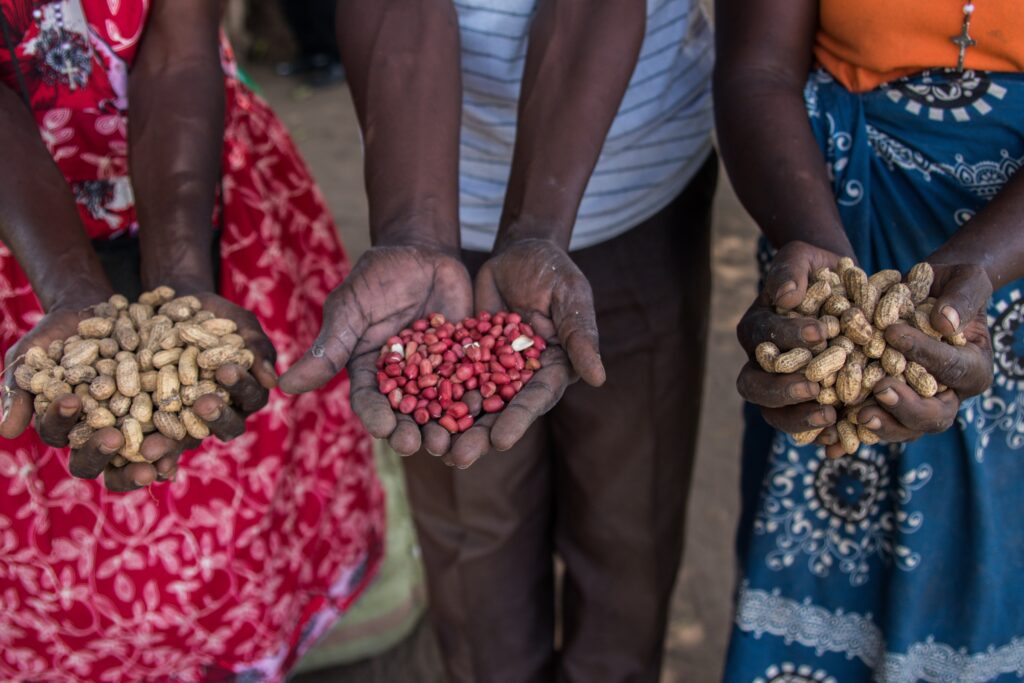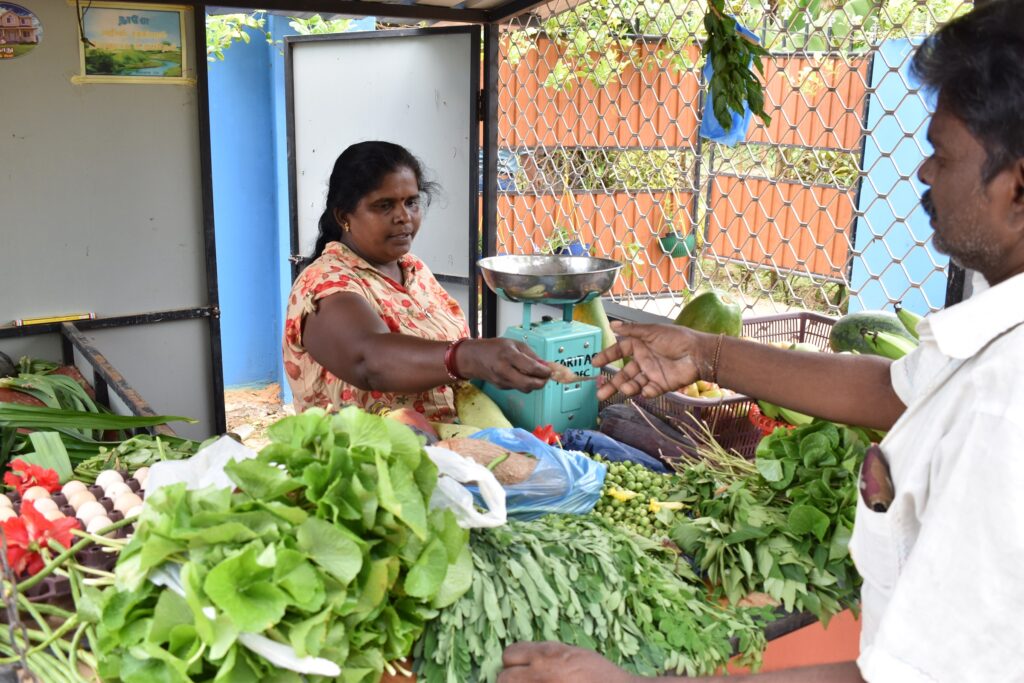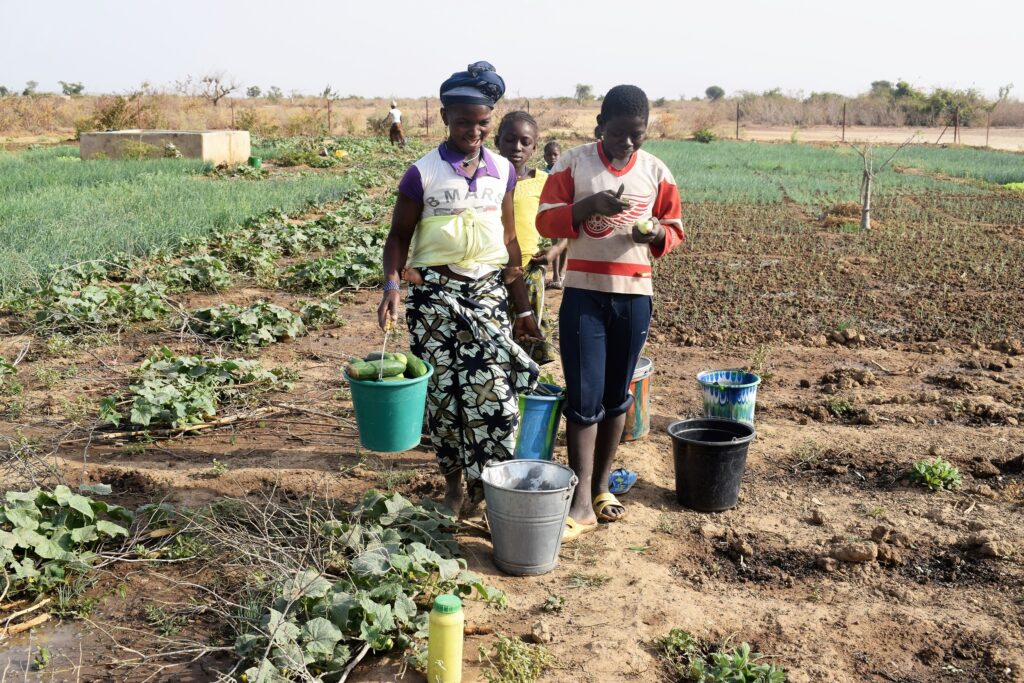Contributing to the fight against hunger

We live in a challenging time characterized by three crises - war, climate change and pandemic. Poverty is increasing and more people are living with hunger. This makes our work more important than ever. Over the past four years, we have helped improve the living conditions of more than 300,000 people.
We have reviewed the status of our food security programs in Africa, Asia and Latin America in 2018 to 2022, and can show good results in our reporting to Norad.
During the period, we have increased the food security and living standards of more than 300,000 people through climate-smart agriculture, loan and savings groups, and access to basic services and rights.
- In Sri Lanka, we have helped more than 28,000 households to be self-sufficient in food during a difficult period characterized by several political and economic crises before, during and after the pandemic.
secretary general Martha skretteberg, caritas norway

Works well with the authority
What the families have not eaten themselves in terms of fruit, vegetables, poultry and eggs, they have been able to sell at the local market. The number of meals has increased from two to three, and more children are attending school as a result of the increased income.
- We work well with the authorities, who hold up our program as an example to follow. During the pandemic, the country's president launched a vision that one million households should have the opportunity to participate in a food security program based on Caritas 's model.
secretary general Martha skretteberg, caritas norway
Increased access to markets
Another country characterized by prolonged conflict is Colombia, where the pandemic has severely impacted the economy and the security situation of small farmers and their families due to closed roads and markets.
- The target group for the food security program has been 400 small farmers and their families, 77 percent of whom have increased their income through the sale of self-produced food at local markets.
secretary general Martha skretteberg, caritas norway
In addition to strengthening the conditions of small farmers, the project has supported 16 farmers' organizations and contributed to the establishment of three organizations.
- Through the organizations, small farmers have been given the opportunity to be visible and sell their products at market prices, and to collaborate with other producers and local authorities.
secretary general Martha skretteberg, caritas norway
To better equip smallholder farmers to sell their produce, they have been trained on how the public system works and what their rights are as food producers, and women have been made aware of policies that affect them.

Fewer malnourished children
Military coups, climate change, an unstable security situation and lockdowns due to the pandemic have not prevented us from strengthening food access to vulnerable groups in Mali.
We have helped to reduce the proportion of malnourished children from 30 to 6 percent, increased access to credit through 92 savings and loan groups, and almost doubled grain production by 2020.
- In 2021, extreme drought led to crop failure. Kitchen gardens with an irrigation system came to the rescue, and are a good example of a coping strategy that works in such weather conditions.
secretary general Martha skretteberg, caritas norway